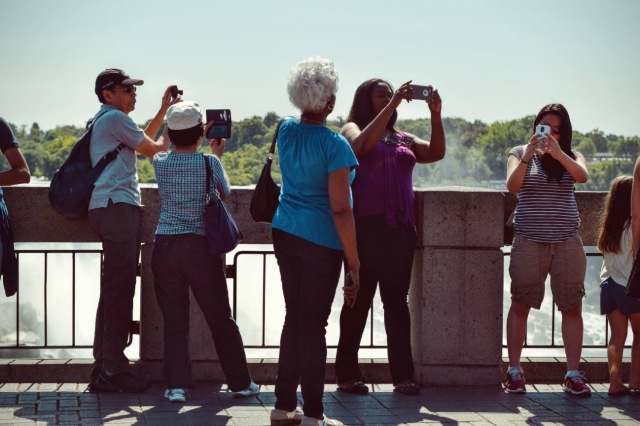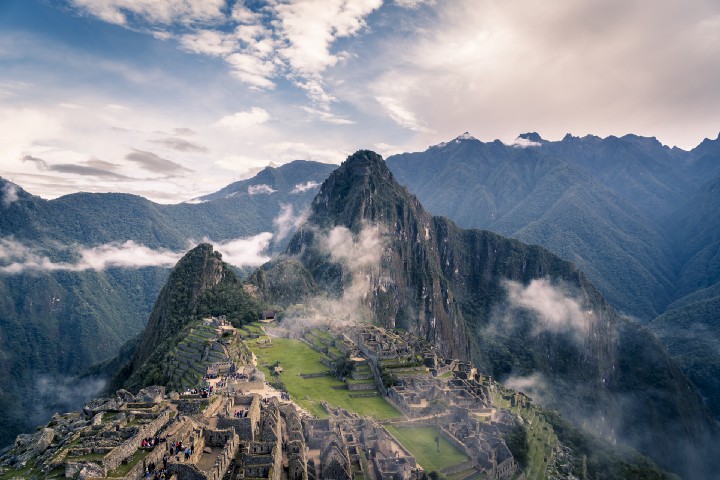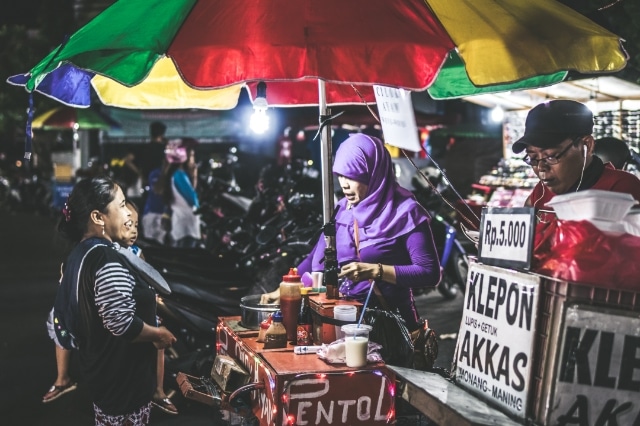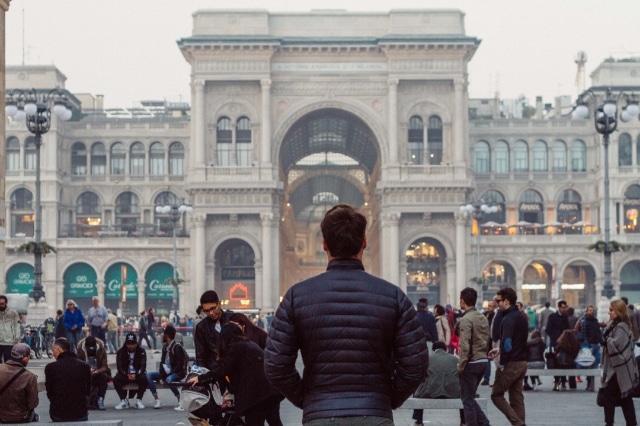There is often two types of travelers–people who visit a place and people who experience a place. While they may seem to be synonymous, in truth, they are actually quite different. This is especially obvious when you are traveling abroad.

Visitors only go to the popular sites, experiencers go to the unknown places.
Visitors often only go to the “top” five sites — also known as the tourist hot-spots. These are great, don’t get us wrong, but they don’t necessarily encompass the “true” culture. While a lot of touristy spots are often must-sees–Machu Picchu, the Coliseum, the Eiffel Tower, it is hard not to argue that those places completely encompass the country’s culture.
As someone who has seen Machu Picchu, I can say that while the ruins area is absolutely breathtaking–they are famous for a reason, but Peru has so much more to offer. Including more than a hundred of ruins that are just as inspiring but not nearly as famous. And those ruins often capture Peruvian culture and history more than Machu Picchu. Why? Because they haven’t been commercialized and changed to be tourist-friendly.

A visitor or tourist will only see the spots that are known tourist highlights — places that appear on all the brochures. But travelers, the ones who really experience a place, will know that the best sites are the ones that only locals know about, and which don’t appear on any brochure.
Visitors go to “touristy” restaurants, experiencers eat with the locals.
We have all seen them–restaurants that claim to be authentic, but really only cater to the palettes of tourists. The food, while good, is never the same as if you went to a real restaurant that locals flock to. One good rule of thumb while traveling is to follow the locals. If you want to get a real, authentic experience, leave behind your preconceived notions of what constitutes “good” food and instead follow in the footsteps of the locals.
That means if they always go to one restaurant that you didn’t give a second thought to, follow and sit down next to them. Better yet, once there, ask what they think are the best dishes, or if there is a language barrier, simply look around what people are eating and just point to a plate you want.

While there will definitely be instances where the food is just not what you wanted, isn’t it better that you at least tried it instead of safely eating away in a restaurant that is only “quasi-authentic.”
Visitors are obvious, experiencers are not.
We have all been there: sitting in a cafe in some far off land, or even just hanging out in your hometown. You can spot a tourist from a mile away. There is just something about their appearance or mannerisms that show they aren’t locals. Maybe it’s the large map they keep pulling out, or how they always seem to be reading and rereading their guidebook. Either way, they just don’t blend in. But experiencers often do. Why? Because they quickly figure out the rhythm of their surroundings and follow suit.
That means walking around like you know exactly there you are going, even if you don’t, and following the standard culture norms when it comes to dress and mannerisms. If the locals often head to the park in the morning, then go to the park and sit and people watch or feed the birds. If the locals eat late, then don’t go to a restaurant until 10 o’clock. Getting in touch with the local culture will help you feel more a part of it.

Visitors speak in their native tongue, while experiencers try to learn the local language.
Learning a language is hard, really hard, but it can go a long way when interacting with the locals. If you appear like you are at least trying to converse in the cultures native tongue, even if you are absolutely failing, they will greatly appreciate it.
Visitors often don’t even attempt to learn a couple new phrases, even hello or thank you, because they know they won’t be there long so what is the point. But people who want to experience the culture, understand that language is the gateway to learning and seeing so much more. Plus, it isn’t hard to learn a couple key phrases. While experiencers often shy away from guidebooks, many will pick up a handy travel size translation book and work at learning a few key phrases.

Traveling to a new place is an exciting experience, no matter where you go. But how you approach your time there can make a world of a difference. While I know plenty of people who are perfectly happy going to a new country or culture and simply doing the touristy things, for us here at No Desk, we understand that you gain more of an appreciation and often have a better trip overall, when you work to become a quasi-local.

